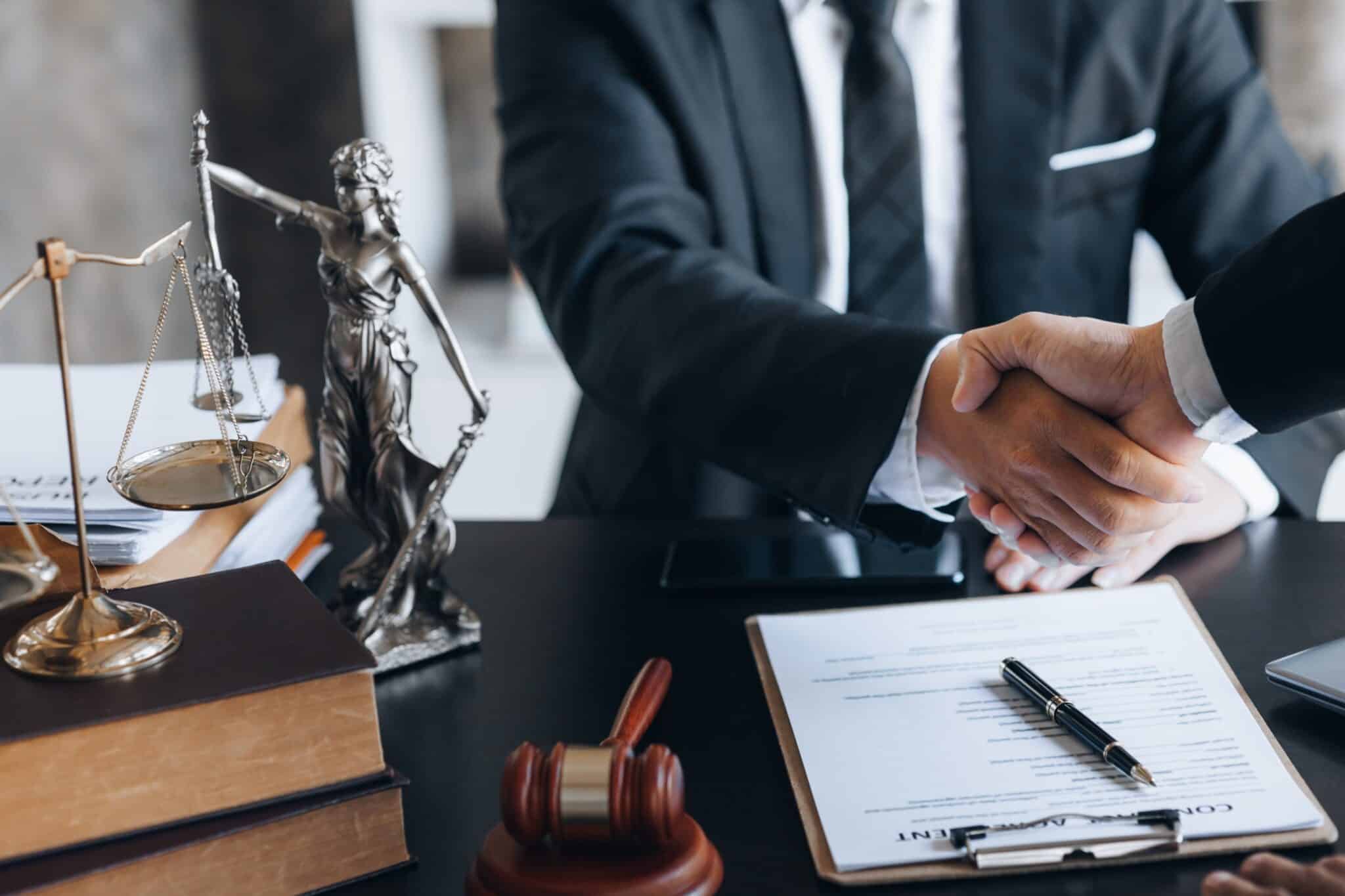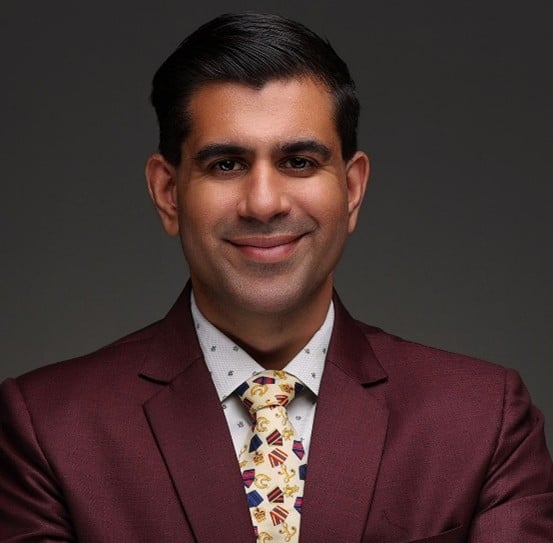Filing a lawsuit is not something to be taken lightly, as it can have far-reaching…
High-Stakes Litigation: How to Improve Your Chances of Winning a Lawsuit – Guest Post

Introduction
Lawsuits are never good news for a business, and when it is a high-stakes case, the situation can become even worse. Entire companies can be ruined and livelihoods destroyed from the outcome of high-stakes litigation. If your business is subject to a lawsuit, it’s critical to work towards a positive outcome as much as possible; no less than your business’ future is at stake.
Multiple stakeholders are involved in a high-stakes case; the aid of a competent legal team, the use of a meticulously prepared legal strategy, and the assistance of outside counsel are all essential to winning your case and keeping your business intact. Before taking any action in a lawsuit against your business, ensure you have these resources on hand, so you are equipped to defend your company, protect it from public scrutiny, and win your case should it reach court.
Steps Involved
1. Assemble the Dream Team
It’s not enough to put together a legal team in high-stakes cases; you need to assemble a full-on crisis management group. An ideal crisis management team would consist of stakeholders in management, legal, and public relations.
Your legal team can be either in-house or an outside firm; the latter can be more objective and may have experience in areas outside your business’ scope, but an in-house team will be better equipped to draft a legal strategy that fits your company’s larger goals. Regardless of what you decide, you should take time with your legal team to determine the desired outcome for the case, from potential compensation to the verdict you want the court to reach. Once you have that, you can begin developing a more nuanced strategy to reach that outcome.
Similar to legal, your public relations can be done either internally or through an external vendor. An aggressive PR campaign may seem like the best course of action, but it can raise the eyebrows of customers and investors. Since your business’ reputation and financial security are on the line, you’ll want PR that takes a more passive approach, focusing less on attacking the plaintiff and more on informing key partners of your business’ legal strategy and determining who should speak on your behalf during the litigation period.
2. Develop a Litigation Strategy
Once you’ve formed your team, you need to outline your legal strategy. The first thing to do is to develop your response to the plaintiff’s suit. Read the complaint against your business, and then determine where to go from there. Depending on the nature of the complaint, you may be able to settle it immediately or even have it dismissed outright.
If you decide to proceed with litigation, you’ll work with your team to put together a winning argument. Have attorneys seek out outside counsel (discussed in the next step), and begin finding relevant documents and other evidence that can aid your defense. You should also put a halt on any document deletion protocols that may exist at your business, otherwise, you can get in very serious trouble for evidence tampering.
In the meantime, make sure to communicate regularly and promptly with your insurance company regarding any updates in the litigation process, and to determine what, if any, legal costs are covered by your provider. Your PR team should also be mobilized on its passive course, managing public opinion and any media coverage without directly attacking the plaintiff.
3. Hire an Expert Witness
If a high-stakes case ends up in court, you will have to defend your business and its practices to a jury who may not be familiar with the complexities of managing a business or the industry you operate in. This is where effective outside counsel, in the form of an expert witness, can come in. An expert witness will simplify these complex issues to a jury, acting as an objective voice and giving your defense factual backing. Ensure your expert witness has the proper credentials in their field, as they can be cross-examined and any evidence they examine must be shared with the plaintiff’s legal team.
Expert witnesses can also aid you before a trial, working with your legal team to help you with any details of the case you’re unfamiliar with. Any documents an expert witness reviews in this capacity do not have to be disclosed to the opposing counsel, so they can fully examine your case privately. You should have both forms of outside counsel to ensure you have all the case facts before and during a trial.
4. Outside Settlement
Outside settlement of a high-stakes case can occur at any point during litigation and is usually the best option for both parties. The costs of litigation can increase rapidly as a case goes on, and insurance providers may not be able to cover all your legal fees. Even if your business is innocent, settling may be in its best interests. As part of your legal preparation, a cost analysis should be drafted to determine potential legal fees for your case; from there, you can determine if trying for a settlement is the wiser decision. Settlements can be reached through the consent of both parties or be mediated or arbitrated by experts.
5. Preparation
If your high-stakes case ends up in court, you’ll need to put the legal strategy you developed into work and begin additional preparations. There is no surer way to lose your court case than going into it without any preparation. Have all documents related to the case on hand to submit to the court. As mentioned before, ensure any document deletion programs at your business are turned off during the litigation period to ensure no potential evidence is destroyed.
As the trial proceeds, update your defense to account for witness testimony and evidence from the plaintiff. Continue looking for additional evidence to aid your case; social media is an invaluable tool for this. Have lawyers examine social media pages related to your business and the plaintiff. An expert legal team can often find revealing posts that will inform your legal strategy. They can also help you assess damages if you can prove, through the posts, that the plaintiff’s claims are false.
Conclusion
A high-stakes lawsuit against your business can be stressful for you and your employees. Preparing a thorough legal strategy ahead of time can save you many headaches if your case goes to trial. In order to put together a winning plan, you’ll need to assemble ruthlessly competent lawyers and public relations managers to defend your business in and out of court. This team needs to be perfectly capable of adjusting to the dynamics of high-stakes litigation, pivoting strategy to accommodate court developments and always looking for new evidence to support your defense. Through effective partnerships with these stakeholders and an equally effective legal strategy, you can maneuver the minefield of high-stakes litigation with confidence.
Author Bio
Sameer Somal is the CEO of Blue Ocean Global Technology and Co-Founder of Girl Power Talk. He is a CFA Charterholder, a CFP® professional, and a Chartered Alternative Investment AnalystSM. Sameer leads client engagements focused on digital transformation, risk management, and technology development. A testifying subject matter expert witness in economic damages, intellectual property, and internet defamation, he authors CLE programs with the Philadelphia Bar Foundation. Sameer is a frequent speaker at private industry and public sector conferences, including engagements with the Federal Home Loan Bank (FHLB), Global Digital Marketing Summit, IBM, New York State Bar Association (NYBSA), us Defense Leadership Forum, and us State Department’s Foreign Service Institute.
He proudly serves on the Board of Directors of Future Business Leaders of America (FBLA) and Girl Power USA. Committed to building relationships, Sameer is an active member of the Abraham Lincoln Association (ALA), Academy of Legal Studies in Business (ALSB), American Bar Association (ABA), American Marketing Association (AMA), Business Transition Council, International Trademark Association (INTA), and Society of International Business Fellows (SIBF). A graduate of Georgetown University, he held leadership roles at Bank of America, Morgan Stanley, and Scotiabank. Sameer is also a CFA Institute 2022 Inspirational Leader Award recipient and was named an Iconic Leader by the Women Economic Forum.

